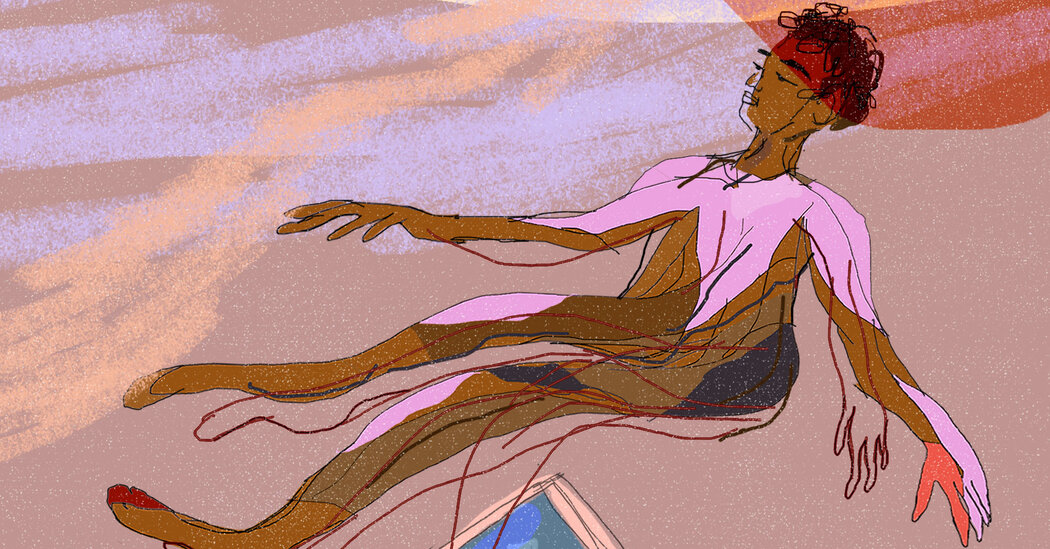
After our very giggly “I dos,” Peter invited me to Thanksgiving dinner with his family. Before the month was out, I moved in with him and his amazing mother, Carole Linda, in the beautiful old house, the one that was once his parents’ church, two blocks from the beach in Far Rockaway.
We spent three magical years living together. No one understood the quirky, kooky couple who arrived together, left together, but flirted with everyone in between. We had so much fun together. We were the perfect couple. We knew we’d be the perfect parents. But we were a modern couple. We wanted to be more intentional, more deliberate about our choices than our parents had been. We had more living to do before we took on the responsibilities of children. We didn’t have money, but we had lots of time.
We were committed to living first.
But at 29 Peter was diagnosed with cancer. Stage 4.
He was diagnosed in May. He died on Dec. 16. At 11:30. Half-hour before he would turn 30.
I was so furious at him dying, I couldn’t cry.
It felt as if all my dreams of family died with him; a partner, children, my willing comrade in the radical redefining of the modern family, modern love.
His mother was better at making peace with the heavens over the loss of her firstborn. I was surprised at her ability to remain connected to me. She stayed close, calling, sending Christmas cards, checking in, even as I remained distant, angry, unsure about deserving the magic of the family Peter had so tragically, suddenly, left behind.
I grudgingly remained connected to his younger brother, CJ, who reminded me so much of Peter. Except he wasn’t gay, or a poet. He grew up to be a fine filmmaker and the only straight man in the L.G.B.T.Q. alliance in college. We often called each other to reminisce about Peter, to recount the sorcery of him, to bask in the shared memory of his magic.



